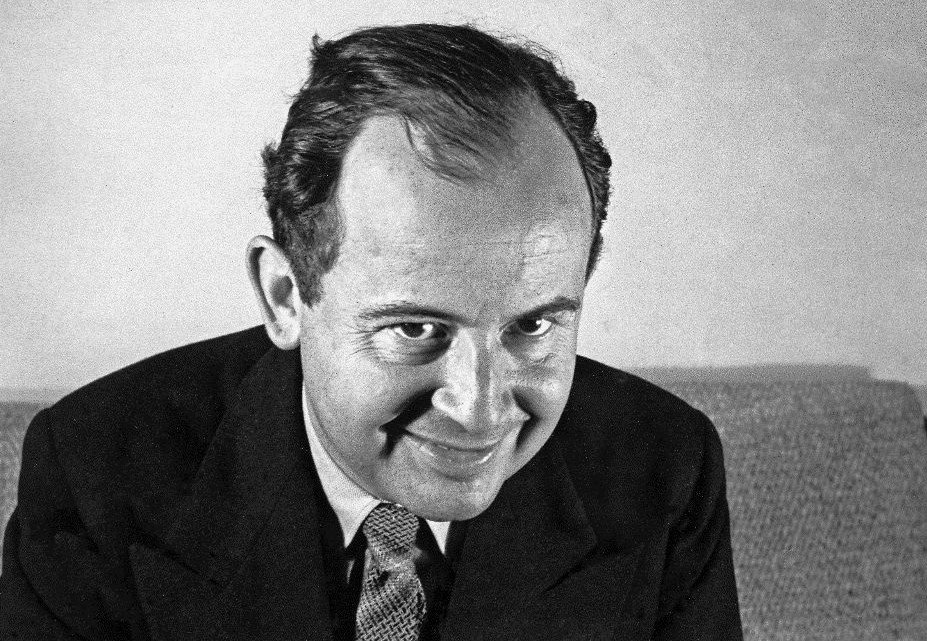John von Neumann, born on December 28, 1903 was a Hungarian-American mathematician whose contributions made a huge impact on many fields of science but mostly in mathematics, therefore he is considered to be one of the greatest mathematicians in modern history.
Early life
Born Neumann János Lajos, John was the oldest out of three children in the family. Neumann was born in Budapest in a Jewish family. At early age he demonstrated great potential and very soon it became obvious that he is a child prodigy.
Education
John entered the German-speaking Lutheran high school Fasori Evangelikus Gimnázium in Budapest in 1911. By the age of 19, von Neumann had published two major mathematical papers. Neumann minored in experimental physics and chemistry after which he received his Ph.D. in mathematics from Pázmány Péter University in Budapest at the age of 22. He simultaneously earned a diploma in chemical engineering from the ETH Zurich in Switzerland.
Achievements
John von Neumann is credited for a vast number of ground breaking achievements in many fields of science, making it extremely hard to pin point the one achievement that he is most notable for. Some will say that his mathematical frame work for quantum mechanics is to be considered his most notable achievement while others claim its his completion of the Set theory.
Neumann also participated in the Manhattan project. In this article we will focus on his work regarding the modern computer. John von Neumann actually set the basics of computer architecture while consulting for the Moore School of Electrical Engineering at the University of Pennsylvania regarding the EDVAC project.
Neumann wrote a paper that described a computer architecture model in which both the data and the program are stored in computer’s memory in the same address space. This type of architecture allowed engineers to debug and develop the program in the matter of days rather than weeks which was the case with the earliest computers where programming was done by the altering of electrical circuitry.
Later life
In 1955, von Neumann was diagnosed with cancer. Some speculate that this was a consequence of his exposure to nuclear armament and the testing of the same. Von Neumann died a year and a half later. He died under military security since there was a possibility that he may reveal military secrets while being heavily medicated. Von Neumann was buried at Princeton Cemetery in Princeton, Mercer County, New Jersey.
John von Neumann quotes
“Anyone who attempts to generate random numbers by deterministic means is, of course, living in a state of sin.”
“There’s no sense in being precise when you don’t even know what you’re talking about.”
“The sciences do not try to explain, they hardly even try to interpret, they mainly make models. By a model is meant a mathematical construct which, with the addition of certain verbal interpretations, describes observed phenomena. The justification of such a mathematical construct is solely and precisely that it is expected to work—that is, correctly to describe phenomena from a reasonably wide area.”

